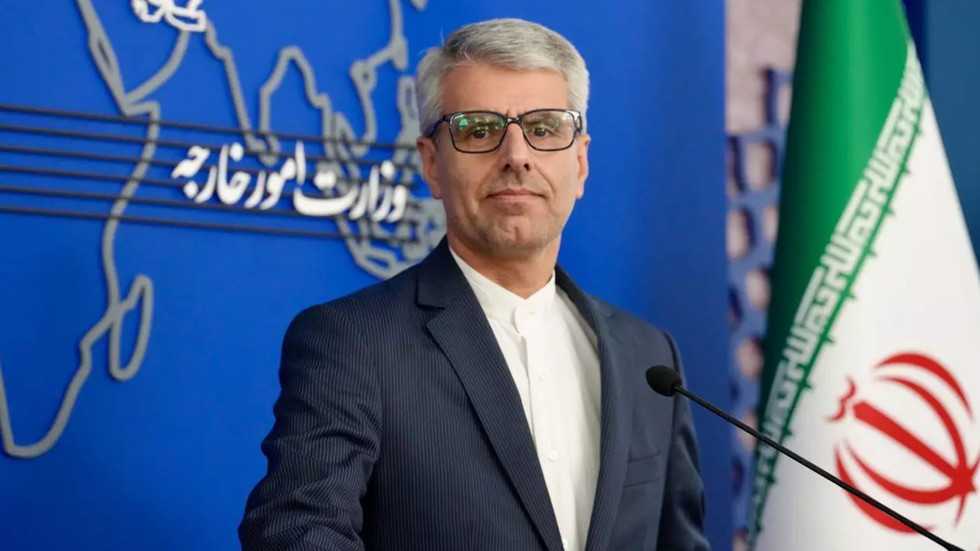The recent Israeli airstrike on Damascus, which reportedly resulted in multiple civilian casualties, has prompted Iran’s foreign ministry to call for Israel’s expulsion from the United Nations. The airstrike, described by Syria’s state-run SANA news agency as an “aerial act of aggression,” targeted a residential building in the Sayyidah Zaynab district, killing several civilians, including women and children. Iran’s foreign ministry spokesperson, Esmaeil Baghaei, condemned the attack, alleging that international organizations continue to ignore Israel’s military actions against Syria and other nations in the region. The Israel Defense Forces (IDF), as per their usual policy, have neither confirmed nor denied the specifics regarding the airstrikes.
In his statements, Baghaei urged the global community to adopt concrete measures against what he termed the “Zionist regime.” He called for an arms embargo against Israel, suggested its expulsion from the UN, and proposed legal consequences for its leaders. Baghaei’s assertions highlight the recurrent narrative that Israel conducts military operations across Syrian, Lebanese, and Palestinian territories without facing significant repercussions due to its perceived allyship with the United States and specific European nations. He accused these countries of being complicit in what he frames as Israel’s “genocide and war crimes” in Gaza and beyond.
The political landscape is further complicated by recent actions taken within the UN. Earlier this month, Malaysia introduced a draft resolution in the General Assembly aimed at removing Israel from the international body in response to its ongoing actions in Palestine. This comes amidst increased military operations by Israel against Hamas in Gaza, as well as aggravated tensions with Iran, which have led to a deterioration in Israel’s relationship with the United Nations. The atmosphere is marked by heightened conflict and accusations, both on the ground and within diplomatic corridors.
After Israel’s public disagreement with UN Secretary-General Antonio Guterres over his handling of a previous Iranian missile strike, the relationship further soured. Following Guterres’s comments on broadening Middle Eastern conflicts, Israel declared him persona non grata, escalating tensions. In reaction to this declaration, over 100 member states signed a letter opposing Israel’s stance, emphasizing that such actions undermine the UN’s capability in mediating conflicts and delivering humanitarian aid.
The situation underscores a significant divide in international relations concerning Israel’s actions. Many nations perceive Israel’s military engagements as violations of international law, indicating a growing global sentiment towards reevaluating Israel’s standing within international forums, particularly in light of humanitarian crises and civilian casualties. Allegations of war crimes and discussions of accountability reflect wider concerns about ongoing violence and the prolonged conflicts that plague the region.
The calls from Iran and other nations for substantive action against Israel resonate amid a backdrop of complex geopolitical tensions and humanitarian issues. As conflicts continue and international responses fluctuate, the urgency for an effective resolution becomes increasingly clear. Global leaders are faced with challenges in addressing the intricacies of Middle Eastern politics while prioritizing humanitarian considerations in their diplomatic engagements. Amid this challenging landscape, the implications of such calls for action remain to be seen as both regional and global dynamics evolve.

